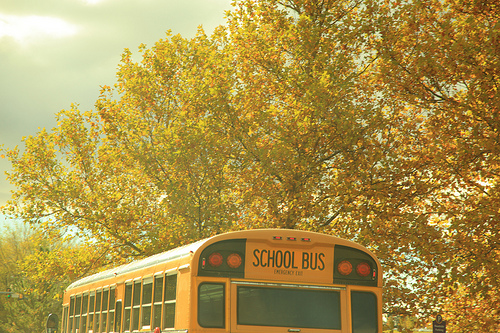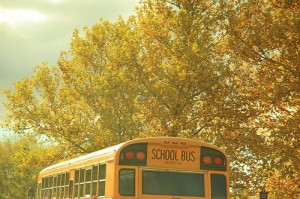Is suspension a denial of your right to an education?

After two decades of zero tolerance policies in public education, some school districts are taking a second look at its effectiveness. There are those who claim it makes little sense to exclude students for minor infractions when the primary obligation of the school system is to educate our youth. Approximately 3 million students are suspended each year for profanity, defiant behavior, pushing matches and other lesser incidents that used to be handled with detention or a trip to the principal’s office.
The North Carolina Supreme Court heard arguments in March, 2010 on this issue. The case stems from an after-school fight between two rival towns. Boys and girls threw blows at each other until teachers broke it up. As a consequence, seven students were suspended for a few days, while six were suspended for the semester. Two of the latter were black girls who were also prohibited from going to an alternative school or receive homestudy materials or assistance.

Photo by D. Sharon Pruitt
Education statistics indicate that poor black students are suspended at three times the rate of whites. Expulsions are meted out to one in 200 black students versus one in 1,000 white students. The stats also fail to show that suspensions result in safer schools or better learning environments. Some schools are trying new approaches including behavior counseling and mediation, ejecting only the worst offenders. Anti-bullying programs, positive-behavior feedback, and conflict resolution training are being implemented in place of the quick-fix suspension or expulsion.
What do you think of zero-tolerance policies for misconduct at school that doesn’t involve drugs or weapons? Have you witnessed or been a victim of unfair or unequal treatment at school? Do you think color, religion or nationality comes into play in deciding who gets disciplined and how? What can you do about it?


